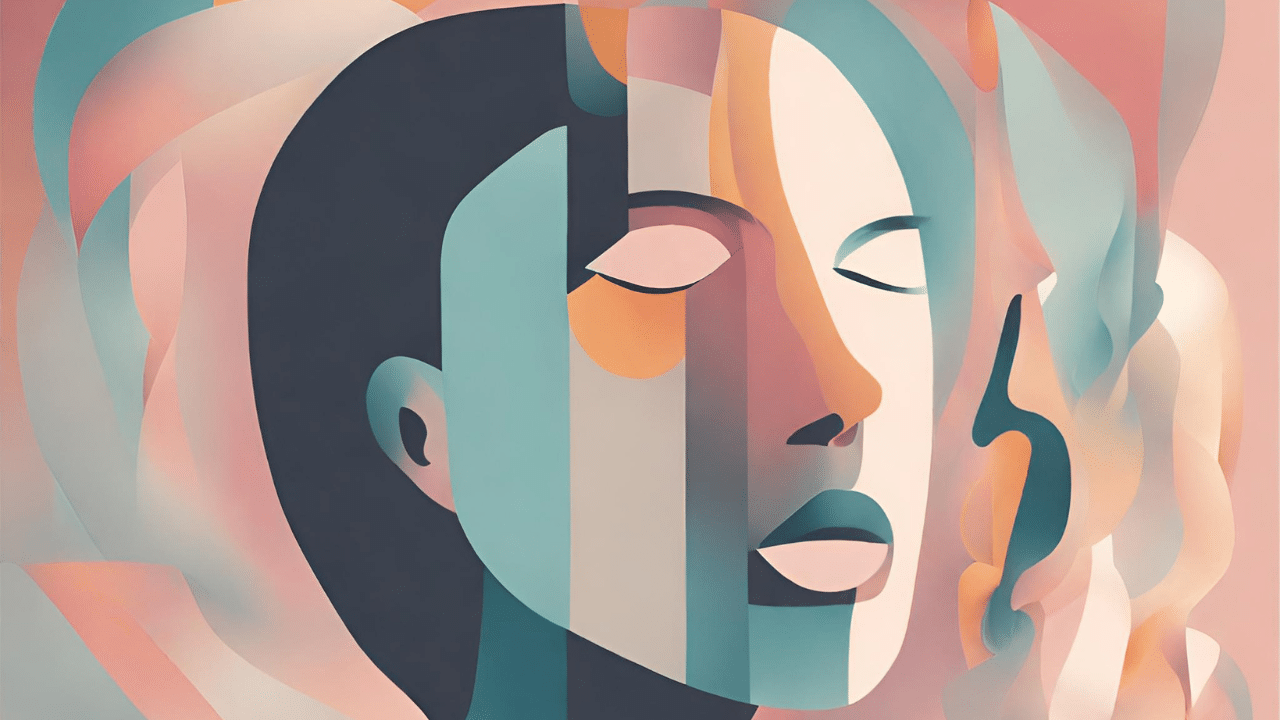
Oftentimes, people associate alcohol with parties or social settings. This might lead people to assume that alcohol has a positive effect on the brain. However, alcohol is actually a depressant.
Alcohol and the Brain
Alcohol is classified as a depressant because of the way its chemicals interact with the brain. The way alcohol affects someone depends on how quickly they drink, their blood alcohol content (BAC), and the quantity of alcohol they consume. As someone begins drinking, they will feel the stimulant effects. As their blood alcohol content starts to decline over time, the depressant or sedative effects of alcohol take over.
Alcohol is a unique depressant because it may first act like a stimulant in the brain. Stimulants influence chemicals like dopamine or norepinephrine. These chemicals may make a person feel good. This could be why some may not realize that alcohol is a depressant. The initial effects of alcohol lead to some feelings of energy, impulsivity, and happiness. Some describe this as feeling “buzzed.” After these initial stimulant reactions take place, the depressant symptoms appear.
PET scans of the brain show the parts of the brain activated by drinking alcohol. The front of the brain, which controls decision-making, experiences a decrease in activity during drinking. This explains why people make reckless decisions while drinking. The prefrontal cortex also plays a role in aggression management. This could explain why people act more aggressively when drinking. PET scans also reveal less activity in the hippocampus, which is the part of the brain that forms new memories. This may explain why a person’s memory may be foggy or incomplete when they were under the influence of alcohol. Brain studies also reveal why people become clumsy or stumble when drunk. With alcohol, there is less activity in the cerebellum which is the part of the brain that supports motor activity and coordination.
Other physical side effects of alcohol include slowed reflexes, slurred speech, slowed breathing, decreased body temperature, and slower word processing. Each of these are side effects of depressant use.
Drinking and Mood Disorder
Since alcohol is a depressant, how does it affect depression, anxiety, or mood disorders?
Studies have shown that, since alcohol affects the part of the brain that regulates emotions, it can put people at higher risk for depression. This higher risk comes with extended use, as recovery is more difficult after long periods of heavy drinking. This high risk would likely not occur from one night of binge drinking.
People may question a possible connection between mood disorders and alcohol abuse, as both can affect the brain. A 2015 study review found that people with alcohol dependence have four times the risk for depression, six times the risk for bipolar disorder, and four times the risk for generalized anxiety disorder.
Doctors also warn that it can be dangerous to combine alcohol with anti-depressants, as alcohol can worsen symptoms. Be sure to speak with a doctor before drinking if you take any medications.
As with any substance, it is important to consume alcohol safely. Moderation is key to safe consumption. If you or a loved one have questions or concerns about alcohol dependency, or alcohol abuse resulting from depression, speak with a doctor or specialist. Seeking help or support from experts can be a life-changing choice.
Explore this article:
Explore Our Facilities
Drug and alcohol detox and residential treatment for addiction and mental health disorders
Outpatient treatment center for substance use disorder and mental health disorders
Outpatient treatment center for substance use disorder and co-occurring mental health disorders







